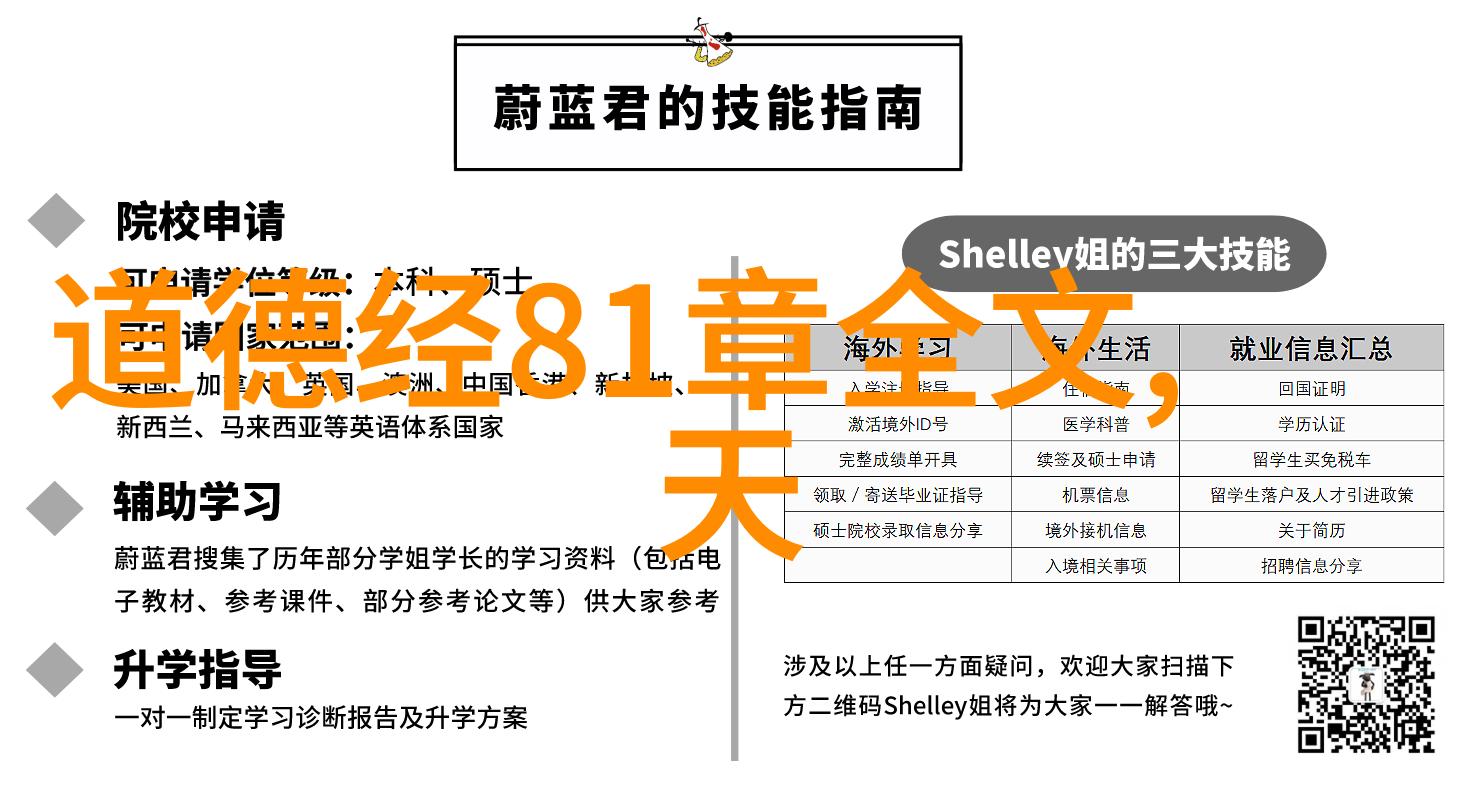在唐代,中国道教达到了外丹学说的顶峰,社会上许多文人写诗和著文来赞颂外丹,但随着太宗时期服用外丹而死的人数增加,司马承祯和吴筠提出了内丹学说,以批判外丹的弊端并开创了道教炼养长生内丹派。吴筠字贞节,是华州华阴(今陕西)人,他从小通经史尤其擅长文辞。在年轻时就有志于道教,与同好隐居南阳倚帝山后,又进入嵩山学习,从体玄先生的潘师正学习传上的上清经法。他掌握了奥义和法术,在唐玄宗开元年间离开嵩山到金陵访道后隐居茅山,再东游天台山。在剡地与越中名士交往,他以诗歌闻名,并被玄宗征召待诏翰林。吴筠对玄宗提及《道德经》的精要,并指出神仙之事主要靠修德获得,而非皇帝所能办到的事。

在京城,每当朝会时,吴筠与文武官员一起列位就座,其言论虽然常有过激之处,但表达对国家的忠心。天宝年间,当李林甫、杨国忠辅政期间朝廷政治日乱时,吴筠预测将发生大乱,对此提出建议,但未被采纳,最终得以在京城建道院让他住持传道。
安禄山、史思明叛乱前夕,当吴筠再次向玄宗上奏请求允许回茅山时,得到同意。不久之后中原大乱,玄宗逃蜀,而江淮地区盗贼横行无阻。在这段混乱的岁月里,有许多文学家参与他们的活动,他们生活相对平静。唐代宗大历十三年(公元778年),吴筠在越中去世,其邻里共同商议谥号为“宗玄先生”。

一生擅长文辞且勤于著述,他留下多部重要著作,如《玄纲论》、《神仙可学论》等。今有《宗元先生文集》三卷流传至今。
二、内丹仙道思想开创未来流派

Wu Yin, a renowned Taoist of the Tang Dynasty, was known for his profound understanding of Taoist theory and his unique practical experiences. His thoughts on internal alchemy (neidan) laid the foundation for future generations to follow.
Firstly, Wu Yin emphasized the importance of "guarding stillness and eliminating turmoil." He believed that humans rely on their essence (jing), energy (qi), and spirit (shen), and that the key to success lies in maintaining inner peace. He quoted from the "Turtle Shell Scripture" to illustrate his point: "My fate is in my hands; I am not in heaven's hands." This means that people should focus on cultivating their own innate energy rather than relying on external forces.

Secondly, Wu Yin advocated for "remaining indifferent and without desire," which he believed was essential for achieving longevity. By remaining detached from worldly desires, one can avoid being misled by them and maintain a balanced state of mind.
Thirdly, Wu Yin argued that becoming an immortal sage is possible through practice and dedication. He pointed out that there are three ways to achieve immortality: natural talent, acquired knowledge, or a combination of both. While some individuals may have been born with special abilities or talents that lead them towards immortality without effort, others must work hard to attain it through study and practice.

In conclusion, Wu Yin's teachings emphasize the importance of cultivating one's inner self through meditation and spiritual practices. By focusing on internal alchemy rather than seeking external solutions or shortcuts to immortality, individuals can achieve true enlightenment and become sages themselves.



